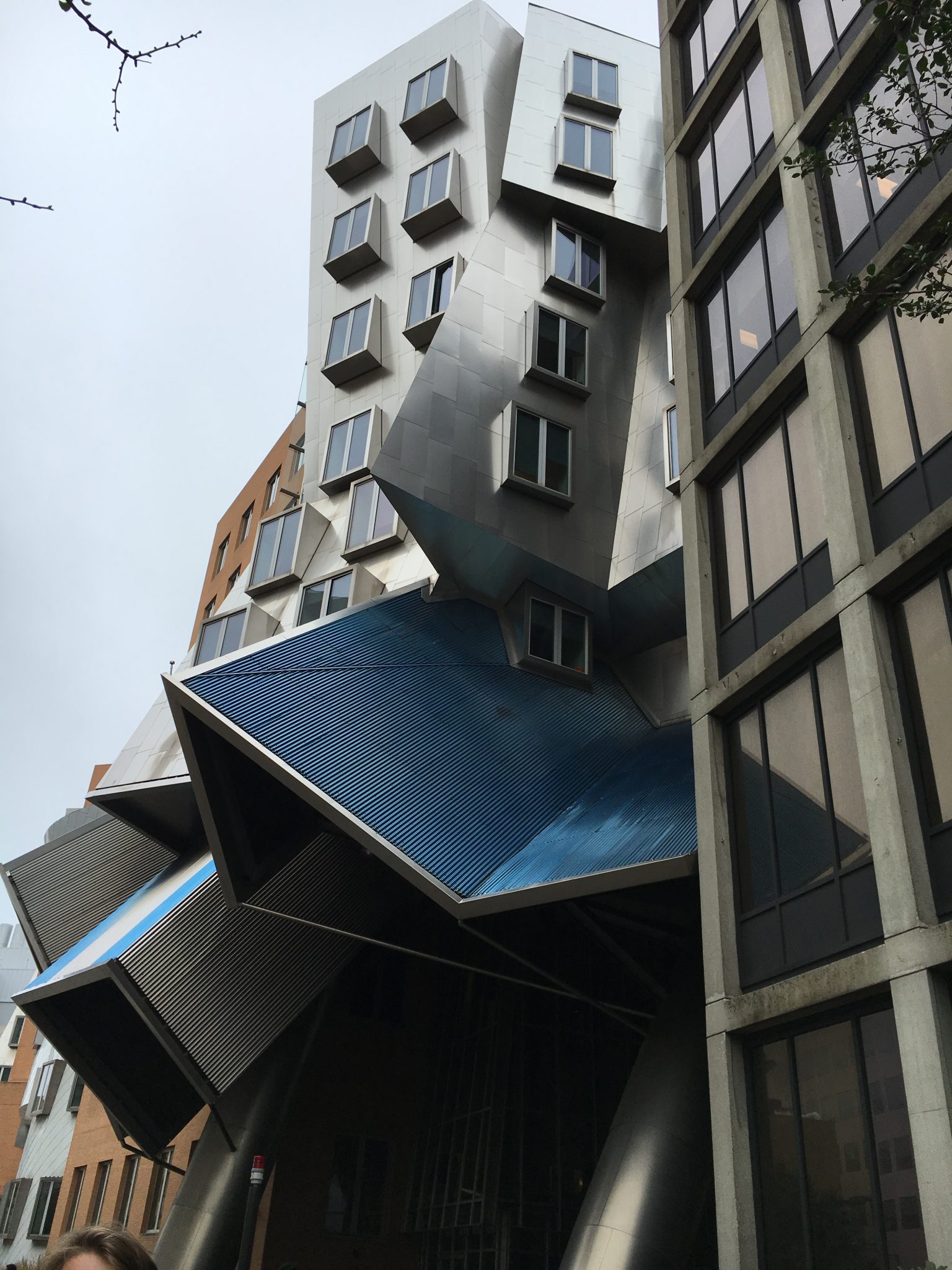Teaser: We consider a set of communities who have unequal access to learning resources (e.g., teachers or professionals). Communities communicate sparsely with each other and an adversarial principal (who wants to deceive) can spread misinformation to confound learning of the truth. We find several surprising outcomes, such as moving resources from privileged communities to marginalized ones can improve the welfare of all communities, even those who lose resources in the process.
Abstract: We study the spread of misinformation in a social network characterized by unequal access to learning resources. Agents use social learning to uncover an unknown state of the world, and a principal strategically injects misinformation into the network to distort this learning process. A subset of agents throughout the network is endowed with knowledge of the true state. This gives rise to a natural definition of inequality: privileged communities have unrestricted access to these agents while marginalized communities do not. We show that the role that this inequality plays in the spread of misinformation is highly complex. For instance, communities who hoard resources and deny them to the larger population can end up exposing themselves to more misinformation. On the other hand, while more inequality generally leads to worse outcomes, the prevalence of misinformation in society is non-monotone in the level of inequality. This implies that policies that decrease inequality without substantially reducing it can leave society more vulnerable to misinformation.
